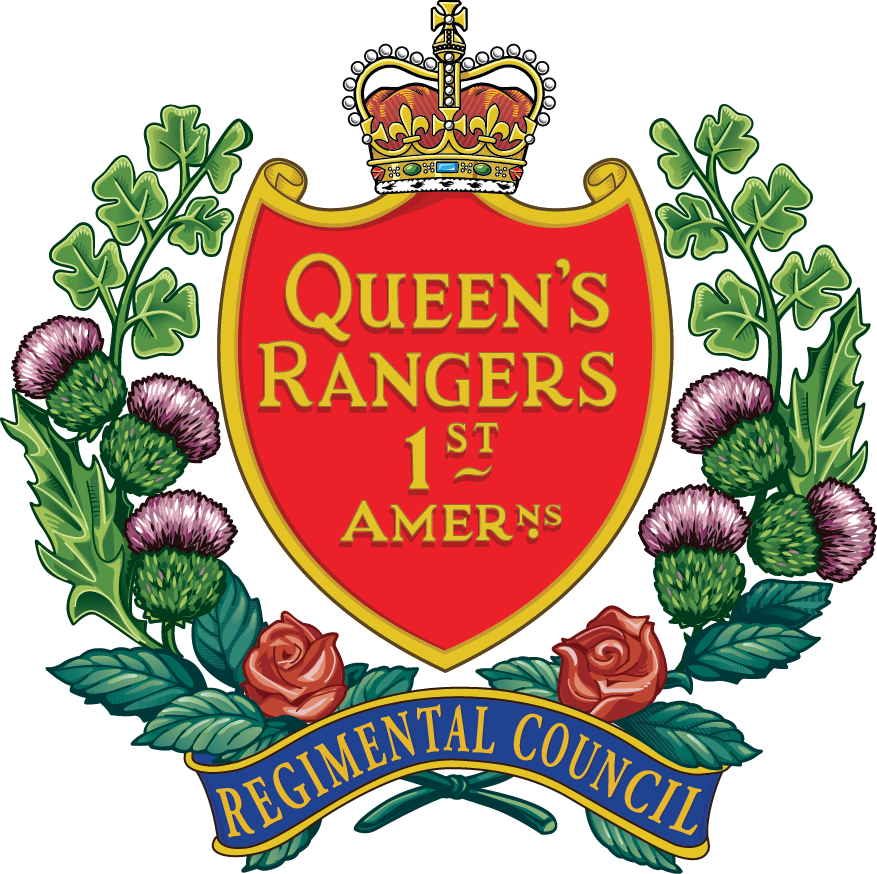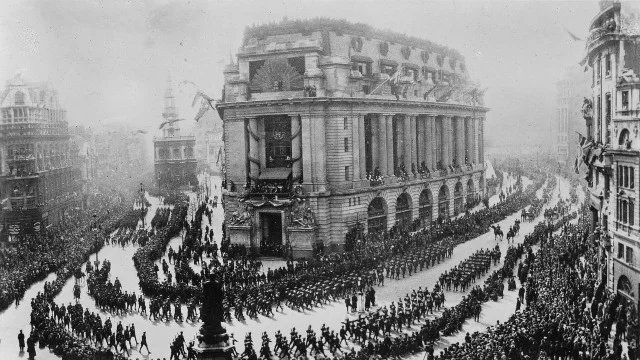This thesis argues that alcohol consumption, both real and perceived, played a key role in the construction and negotiation of masculine identities within the British army in the Canadas during the early nineteenth century. Officers in particular proved their manliness and constructed their dual gentleman-officer identity not only by fighting well, but also by socializing and drinking well; by demonstrating what the famous moral essayist, Dr. Samuel Johnson, called “skill in inebriation,” or the “art of getting drunk.” An officer’s capability or skill in drinking with his fellow gentlemen-officers denoted manliness, while habitual or public drunkenness had the opposite effect. His polite consumption in both public and private social settings defined him as a gentleman, while his strong consumption on the battlefield fortified his constitution and facilitated his performance as a warrior. His heavy consumption with peers established his place within a hierarchy of manliness, and his condemnation of the propensity for drink and the drunken comportment of his perceived social inferiors established his position atop larger gendered, classed, and racialized hierarchies in colonial society. Officers constructed their own masculine identity in direct relation to those with whom they interacted, specifically enlisted soldiers (and NCOs), Indigenous allies, and American enemies, and these constructions were heavily informed by early nineteenth century perceptions of alcohol.
Read More
















